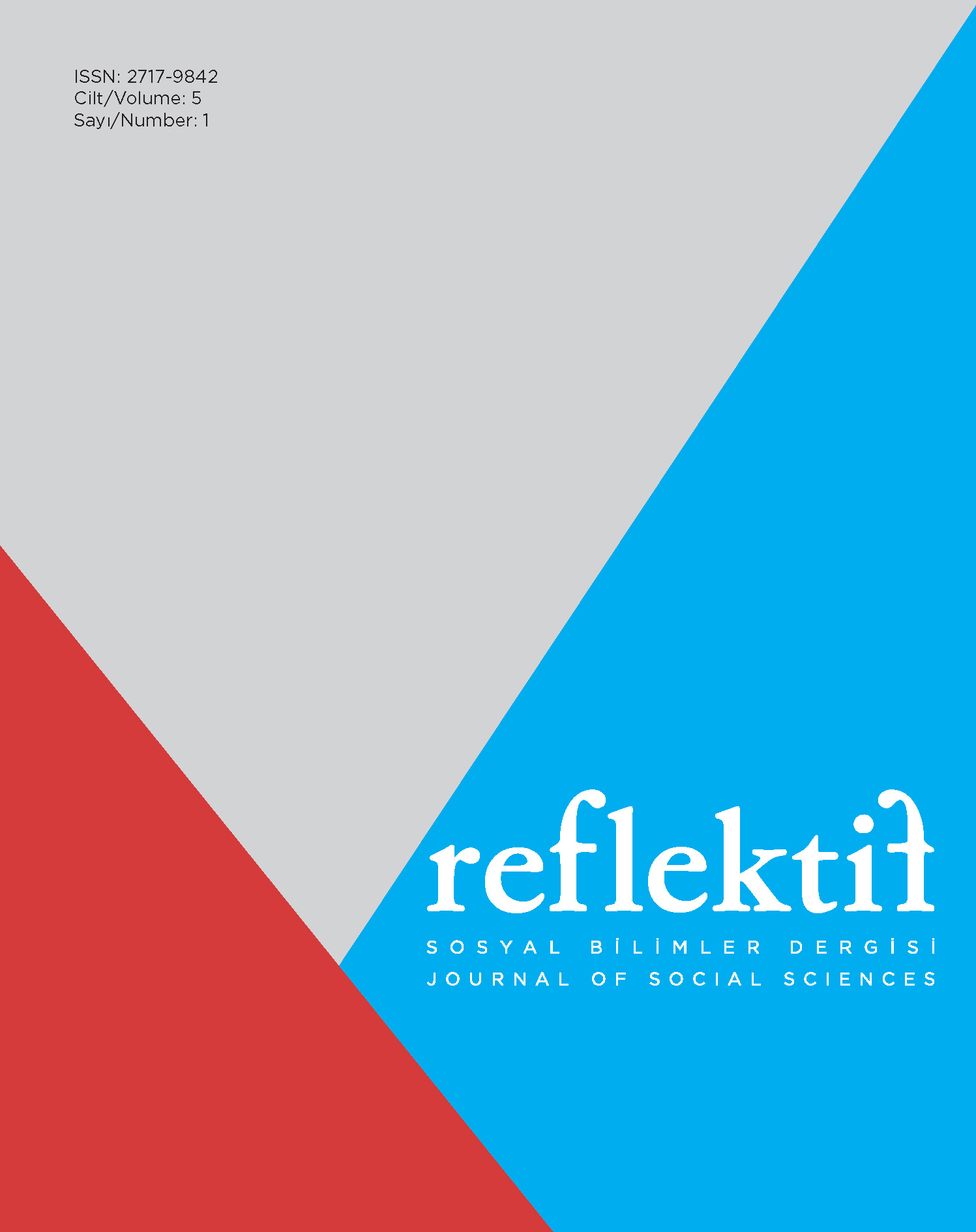The Effect of Artificial Intelligence on the Concepts of Death and Mourning: The Example of Thanabot
DOI:
https://doi.org/10.47613/reflektif.2024.143Keywords:
death, mourning, digitalization, artificial intelligence, thanabotAbstract
Today, technological developments, especially artificial intelligence, have significant impacts in many different fields. The concepts of death and mourning are also affected by these developments and, in a sense, are transformed. The purpose of this article is to discuss the impact of artificial intelligence on the transformation of the concepts of death and mourning through thanabots. For this purpose, the concepts of death and mourning were examined in their social and historical context by conducting a literature review, and then the transformation they have with digitalization was mentioned. At the end of the study, the possible effects of thanabots are discussed with inferences from the literature. According to this; it is possible to say that the effects of using thanabot will vary from person to person. In this sense, this technology can have positive effects, especially for those who are grieving. However, it is possible to say that thanabots have potential problems such as their commercial size, how much they will represent the deceased, the risk of secondary loss for mourners and software security. In addition, it is important that research on this technology is carried out by taking into account differences at both individual and social levels.
Downloads
Published
How to Cite
Issue
Section
License
Copyright (c) 2024 Aysun Körlü Topan

This work is licensed under a Creative Commons Attribution-ShareAlike 4.0 International License.
All manuscripts which are submitted to the REFLEKTIF Journal of Social Sciences should not be published, accepted and submitted for publication elsewhere.
In case an article is accepted for publication it is allowed to combine the article with other researches, to conduct a new research on the article or to make different arrangements on condition that the same license is used including the commercial purpose.
As an author of an article published in REFLEKTIF Journal of Social Sciences you retain the copyright of your article and you are free to reproduce and disseminate your work.




